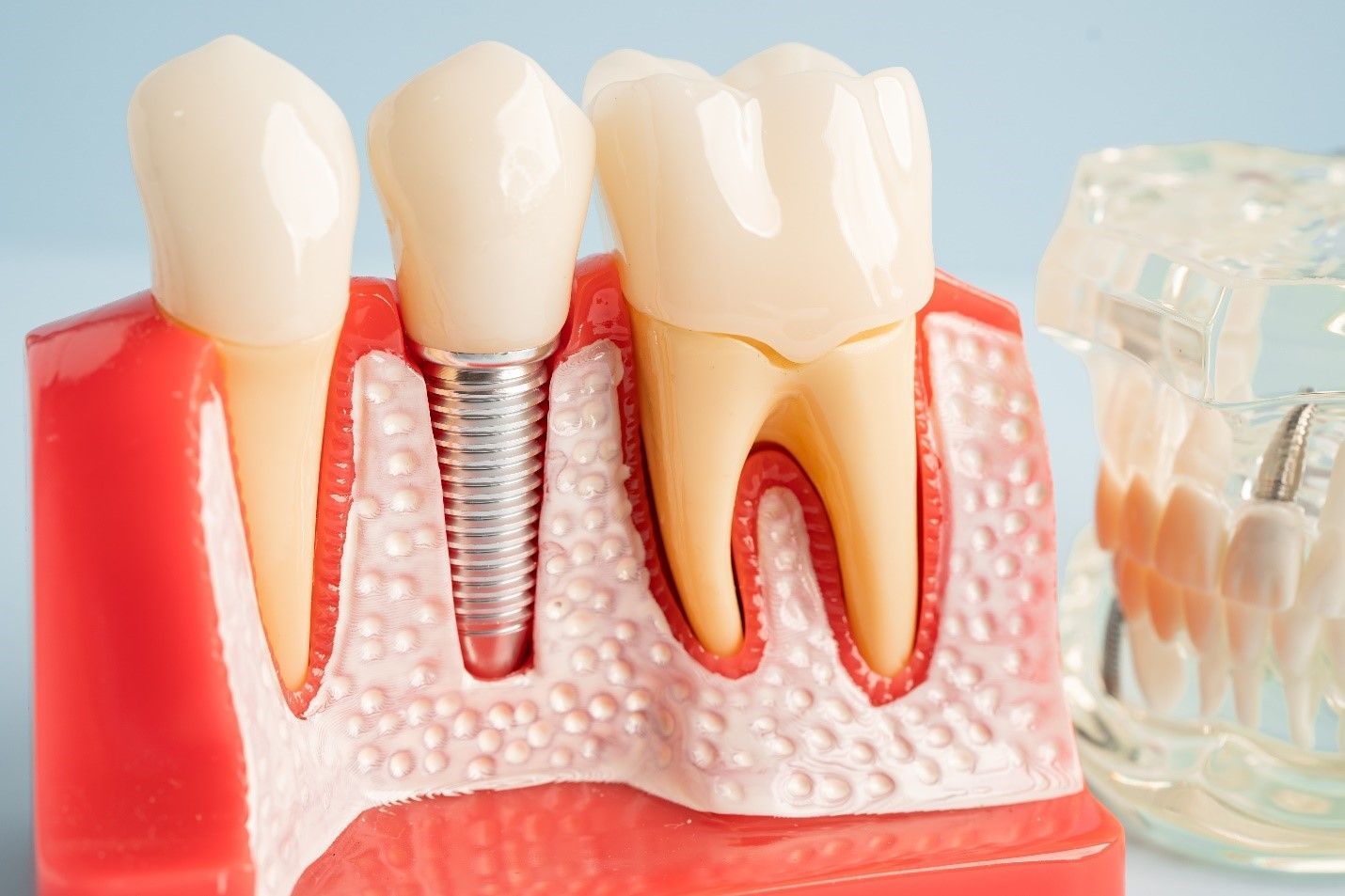STUDY IDENTIFIES LINK BETWEEN GUM DISEASE AND DEMENTIA

Hundreds of species of bacteria roam inside the human mouth
Several of them can lead to periodontal disease. The disease arises from infected oral tissues that hold teeth in place, which cause bleeding gums and even tooth loss.
A new study by the Journal of Alzheimer’s Disease found that the same bacteria that cause gum disease are associated with related dementia illness, including vascular dementia.
Gum disease is also traced to systemic illnesses such as respiratory disease, chronic kidney disease, obesity, arthritis and cognitive impairment.
It is widely believed that the migration of bacteria and inflammatory molecules via the bloodstream from the oral infection to the brain is the culprit.
This movement of bacteria to the brain could be one of the many risk factors in the development of cognitive decline. No large study, however, has provided clarity on how strong the link is.
Using large data sets from the National Health and Nutrition Examination Survey, researchers searched for a link between infections with oral bacteria and dementia diagnoses.
The team took a close look at the antibodies of 19 oral bacteria to see if there were any association with the diagnosis of Alzheimer’s disease and dementia.
One of the 19 bacteria is a leading cause of gum disease. It turns out that the plaques of beta-amyloid protein, which is widely seen as a hallmark of Alzheimer’s, possibly develop in response to this infection.
Among older adults, both Alzheimer’s diagnoses and associated deaths were linked with antibodies against other bacteria, some of which interact with other bacteria that could increase health risk factors.
The study also showed that older adults with signs of gum disease or mouth infection were more likely to develop Alzheimer’s over a long period of time.
Researchers stressed that the population study is more illustrative of an association between gum disease and dementia and not a causal relationship.
Clinical trials can provide greater insights into whether treating oral bacterial infections will reduce the development or symptoms of dementia.
QUICK MENU
RECENT POSTS






